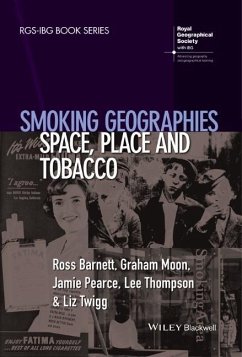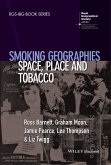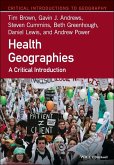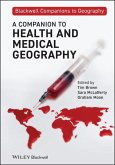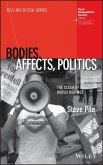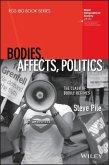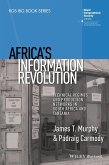Smoking Geographies provides a research-led assessment of the impact of geographical factors on smoking. The contributors uncover how geography can show us not only why people smoke but also broader issues of tobacco control, providing deeper clarity on how smoking and tobacco is 'governed'.
_ The text centres on one of the most important public health issues worldwide, and a major determinant of preventable mortality and morbidity in developed and developing countries
_ Records the outcomes of a long-term research collaboration that brings a geographical lens to smoking behaviour
_ Uncovers how geography can play a part in understanding not only why people smoke but also broader issues of tobacco control
_ Provides a deeper understanding of how smoking and tobacco is 'governed', regarding where people may smoke, but also more subtle governance as a climate is produced in which smoking becomes 'denormalised'
_ Brings both quantitative and qualitative perspectives to bear on this major source of mortality and morbidity
_ The text centres on one of the most important public health issues worldwide, and a major determinant of preventable mortality and morbidity in developed and developing countries
_ Records the outcomes of a long-term research collaboration that brings a geographical lens to smoking behaviour
_ Uncovers how geography can play a part in understanding not only why people smoke but also broader issues of tobacco control
_ Provides a deeper understanding of how smoking and tobacco is 'governed', regarding where people may smoke, but also more subtle governance as a climate is produced in which smoking becomes 'denormalised'
_ Brings both quantitative and qualitative perspectives to bear on this major source of mortality and morbidity
'The authors of this ground-breaking book have combined their substantial research expertise in the geography of smoking to produce this well-argued, accessible book which reveals how geographical factors act and inter-act at international, national and local levels in smoking initiation, maintenance and cessation. This book is a must-read for researchers and policymakers in tobacco control, irrespective of their disciplinary backgrounds.'
Amanda Amos, Professor of Health Promotion, University of Edinburgh, UK
'Too often we only encounter partial accounts of seemingly intractable societal problems. In this book, five experts join forces to grapple with the complex issues at the heart of tobacco availability, smoking behaviour and regulation. Their achievement is to emphatically demonstrate the potency of geography in understanding and addressing these public health issues.'
Robin Kearns, Professor of Geography, The University of Auckland, New Zealand
Amanda Amos, Professor of Health Promotion, University of Edinburgh, UK
'Too often we only encounter partial accounts of seemingly intractable societal problems. In this book, five experts join forces to grapple with the complex issues at the heart of tobacco availability, smoking behaviour and regulation. Their achievement is to emphatically demonstrate the potency of geography in understanding and addressing these public health issues.'
Robin Kearns, Professor of Geography, The University of Auckland, New Zealand

